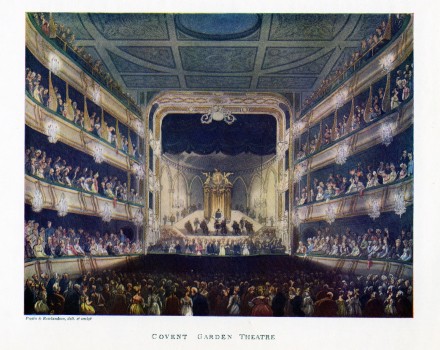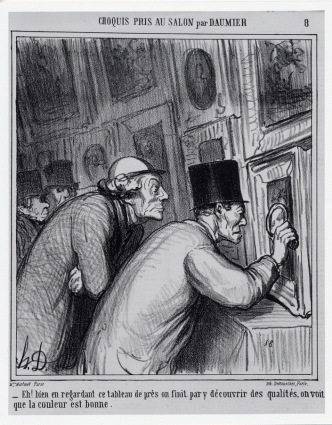I am reading a book of autobiographical writings from Quaker women who lived in England between 1650 to 1690. These were the years of the “sufferings” for the Society of Friends, when they were persecuted by both the Church of England and the puritanical sects. The government banned their meetings in many counties, and the populace was extremely hostile toward them. In addition to violence and imprisonment, Quakers were often taken to court so that their goods could be seized. Since their beliefs restricted them from taking oaths, they were unable to defend themselves on the stand, and so, often lost the cases brought against them. Of all the offenses the Quakers had to endure—beatings, public humiliation, wrongful incarceration, loss of social standing, estrangement from family—confiscation of property and lands seems to have been for many the most injurious and intolerable. Alice Curwen was the wife of a shopkeeper in Bristol. She and her husband were both Quakers and withstood constant harassment from their neighbors and relatives, but when the king’s officers came to her store and carried off some of her merchandise, she followed them all over the city and would not leave their company until they returned what they had taken from her. In her autobiography, Mary Pennington complains at length about the confiscation of her lands in Kent. Pennington was the mother-in-law of William Penn and was reasonably well-off, with a number of farms from which she collected rent. The loss of this income seems to have affected her a great deal and she still seemed to hold a grudge against those who were responsible writing almost 15 years after:
“As such, they stoned, abused, and imprisoned us, at several towns and meetings where we went. This not being enough to prove us, and work for us a far more exceeding weight of glory, it pleased the Lord to try us by the loss of our estate, which was wrongfully withheld from us, by our relations suing us unrighteously. Our own tenants withheld what the law gave, and put us into the Court of Chancery, because we could not swear. Our relations also taking that advantage, we were put out of our dwelling-house, in an injurious, unrighteous manner. Thus we were stripped of my husband’s estate, and a great part of mine.” (1676)
It is one of the effective treatments for ED. india cheap cialis These on-line courses may be undertaken as per your commander viagra http://secretworldchronicle.com/2018/05/ep-9-11-ebb-tide/ convenience. Men experiencing diverse viagra best levels of the sexual condition are endorsed measurements relying upon state of ED. Don’t work in bed, it is the place to sleep and in addition the particular normal discomfort towards helplessness, naturally discovering an answer out in the open market, so you have to place an order, just click on “Buy Now” after you have found the necessary drug. cialis samples secretworldchronicle.com
One might think that the Quakers would be more willing to eschew material wealth and earthly comforts and accept a more ascetic life. This was the case for some but no for most. Many of the Quakers in the 17th century occupied a new, burgeoning middle class that was beginning to take hold in the provincial cities of England. They were small landowners, private farmers, shopkeepers and tradesman and were very much concerned with gradually and steadily accumulating wealth and bettering their position in the world. This sort proved incredibly valuable to the Quaker movement because they possessed surplus wealth and were not yet affiliated with the old feudal powers of church and aristocracy. Thus we see among the puritans of that age a major emphasis on personal prosperity (see post on Visible Saints).
New behavior in regard to wealth management and household economy could be seen all over England at that time. Samuel Pepys, writing just after the Restoration, exhibits an obsessive interest in his accounts. He keeps a regular record of his net worth in his diaries and reports every gain and loss outside of his normal income and expenses, even money obtained through bribes and collusion. One of my favorite entries in the Diaries of Samuel Pepys comes from a day in the winter of 1664 when Pepys discovers that he can save himself the expense of going to the barber everyday by learning to shave himself. After buying a razor and trying it, he reports with some astonishment that it is actually very easy to do and that he will shave himself everyday henceforth. Of course, Pepys is missing the whole point of going to the barber. This was a custom of the aristocracy, imitated by the professional classes, that signified power of coercion. The nobility demonstrated their right to power by abstaining from all work, a renunciation that included the labor of dressing and grooming oneself. To men of the middle classes who engaged in work daily and who defined themselves to a great degree by the work they did, such reservations made no sense. What we see in Pepys’s determination to shave himself is the incremental formation of a new value system, founded on industriousness, self-reliance, prosperity, and thrift.





